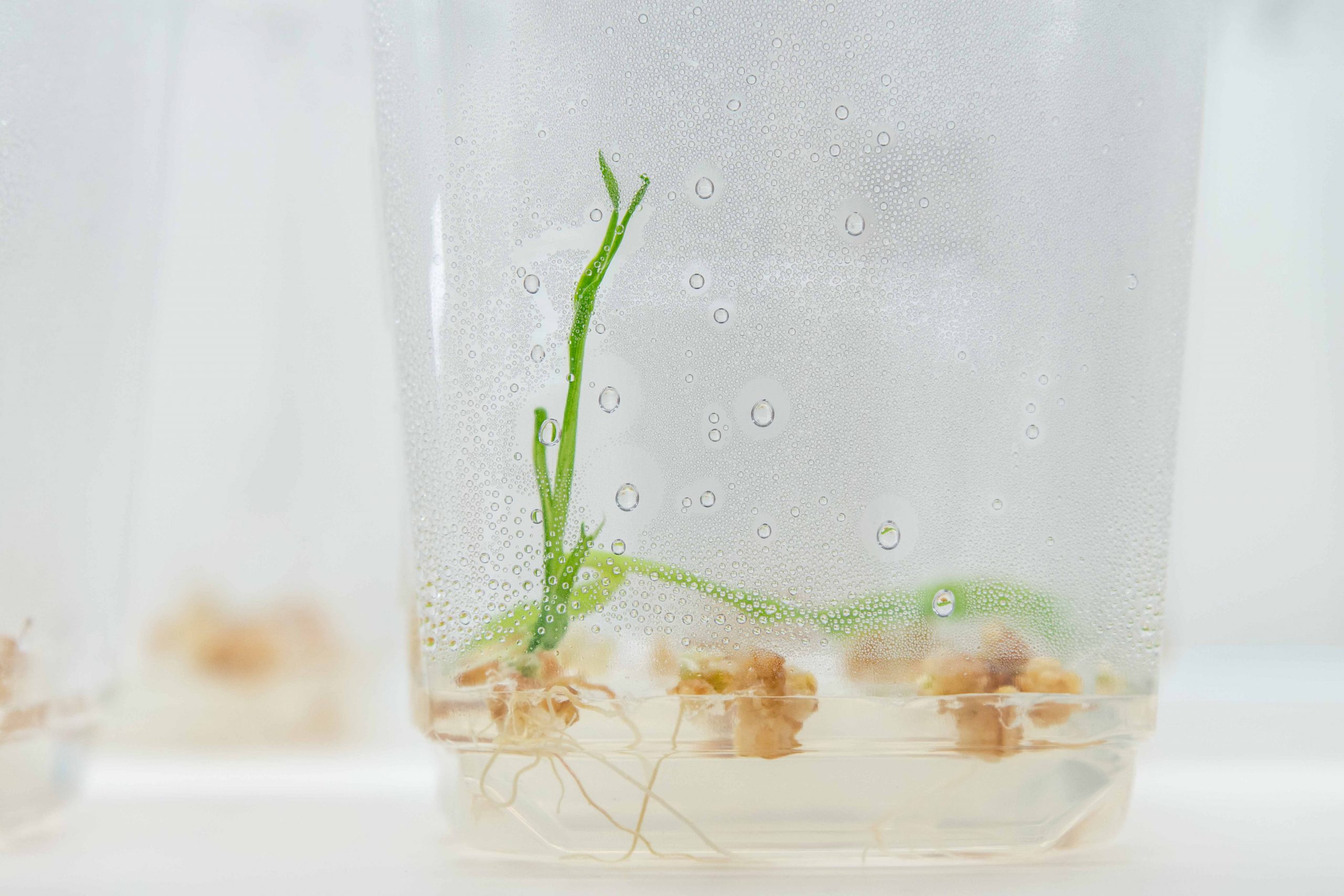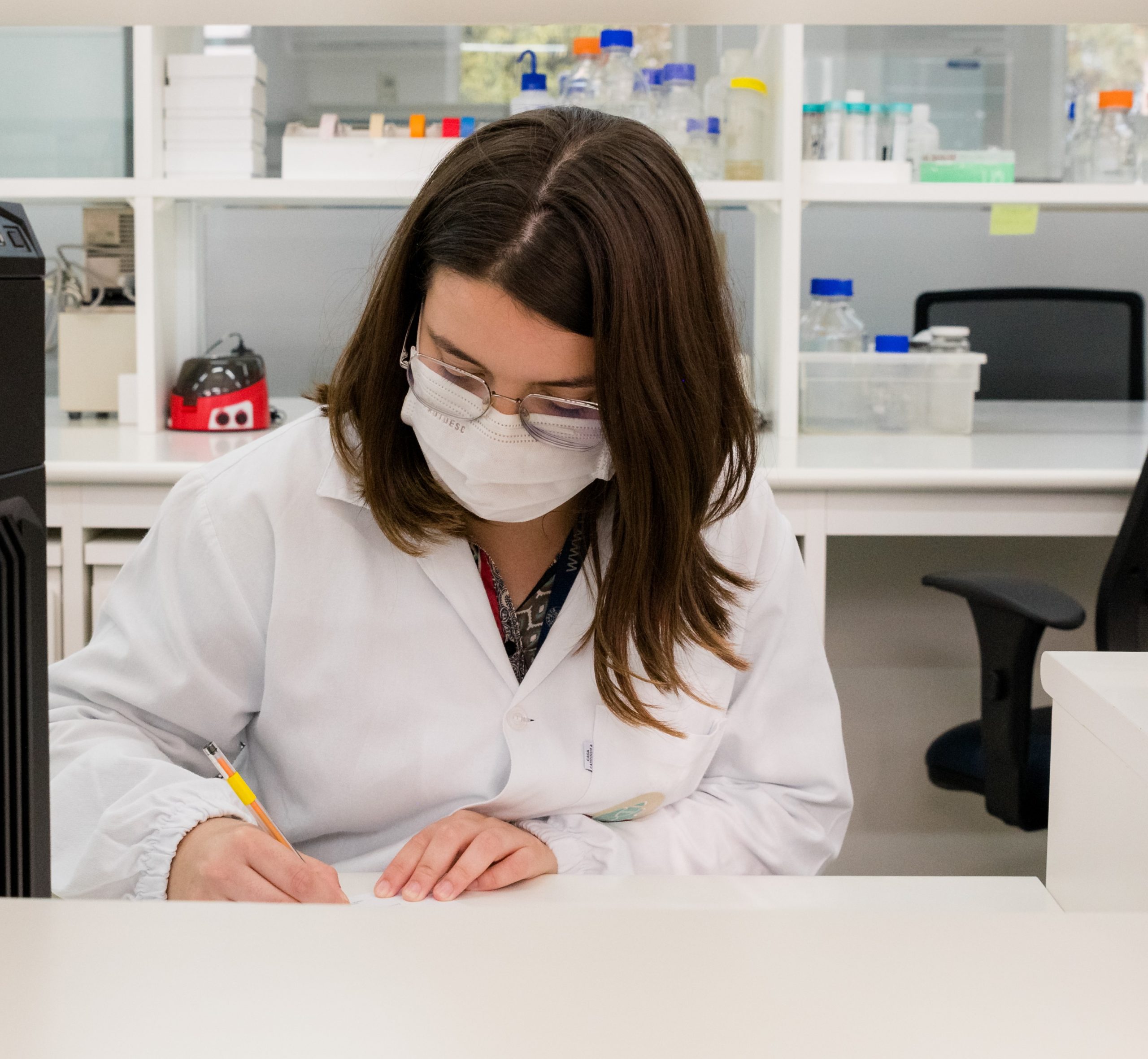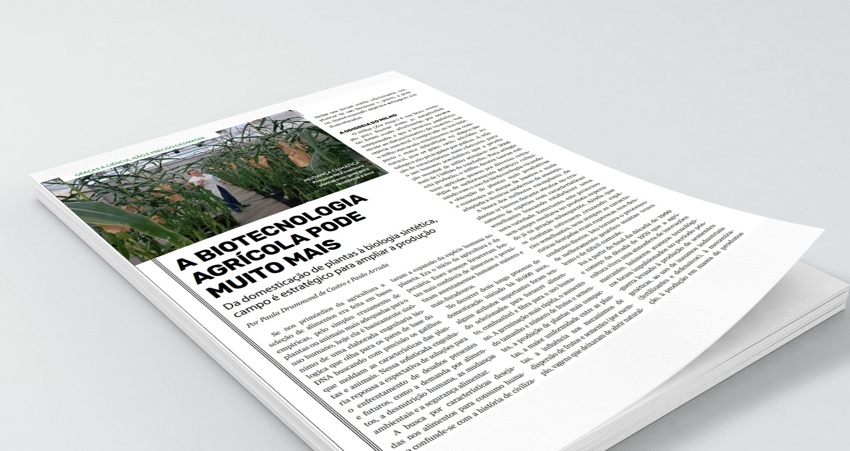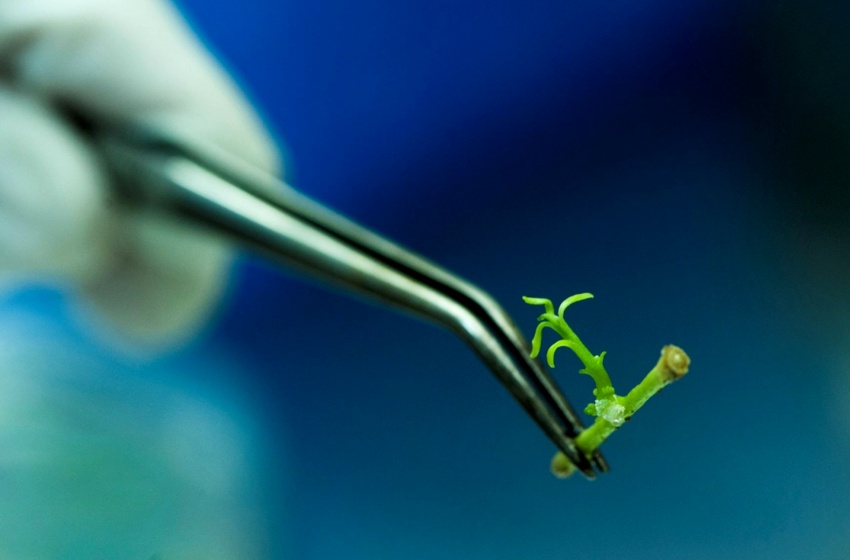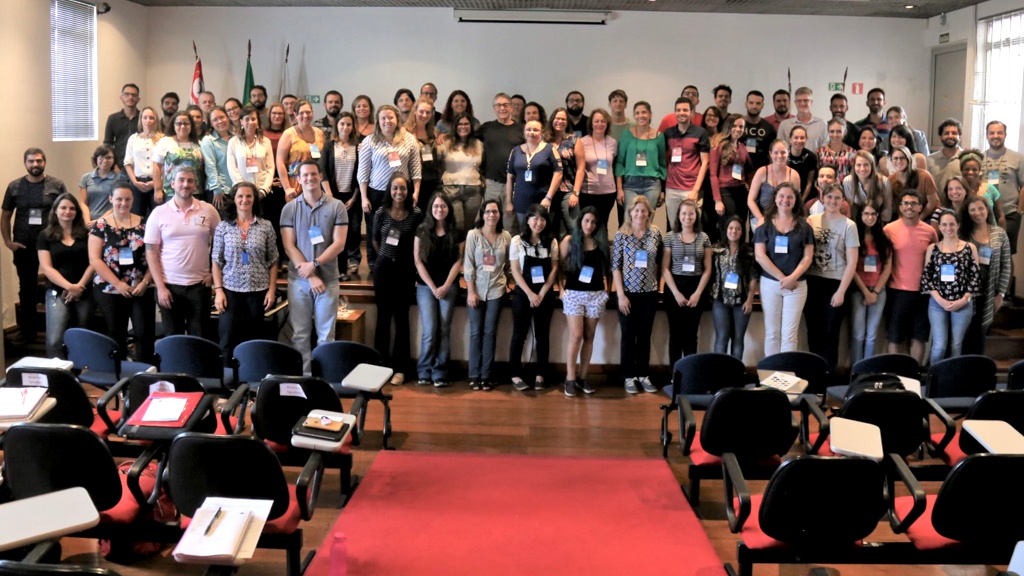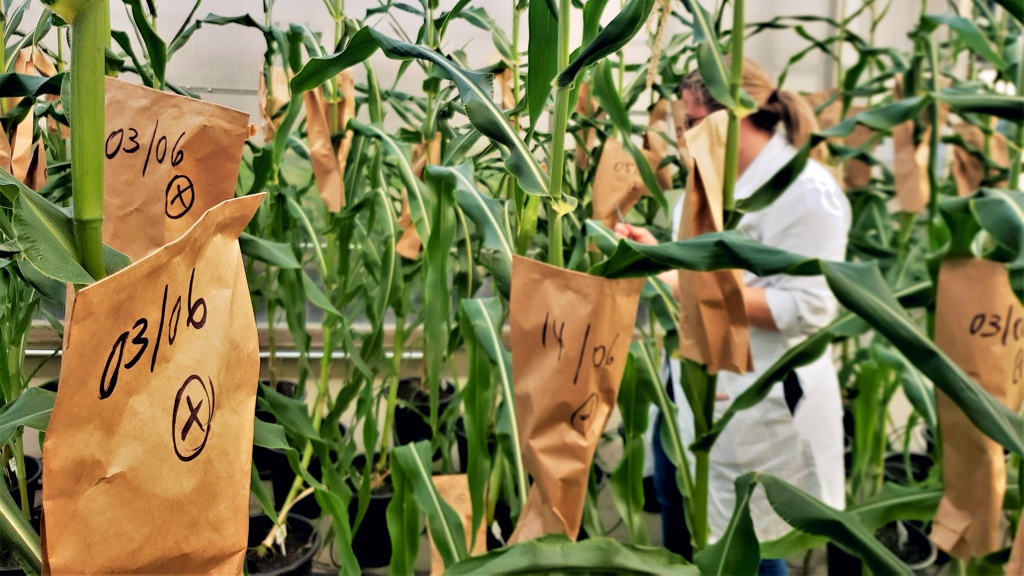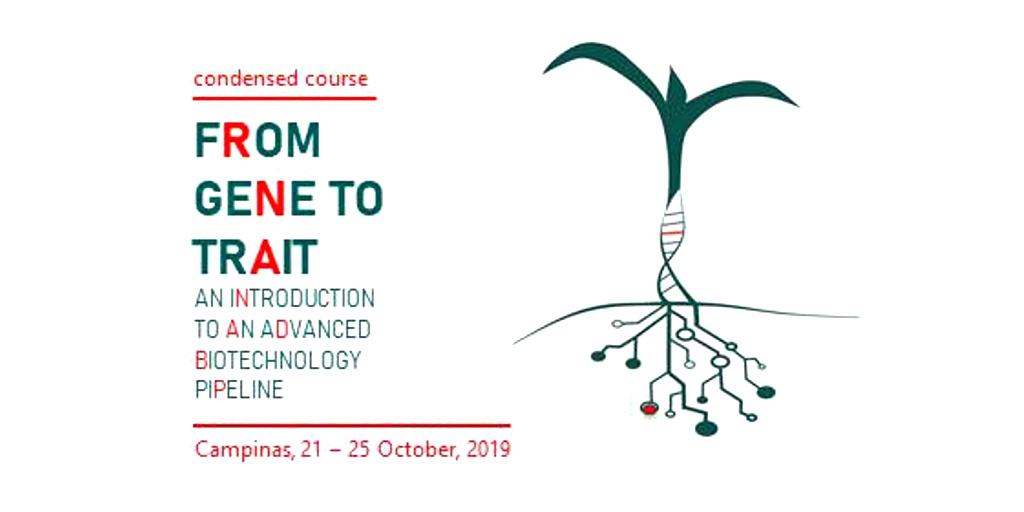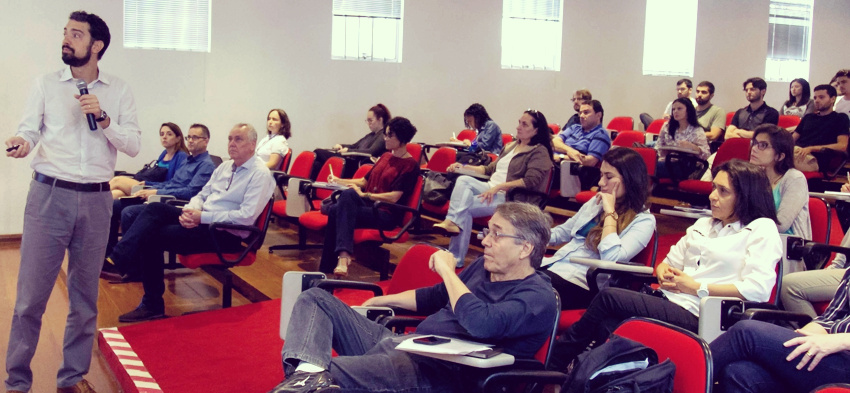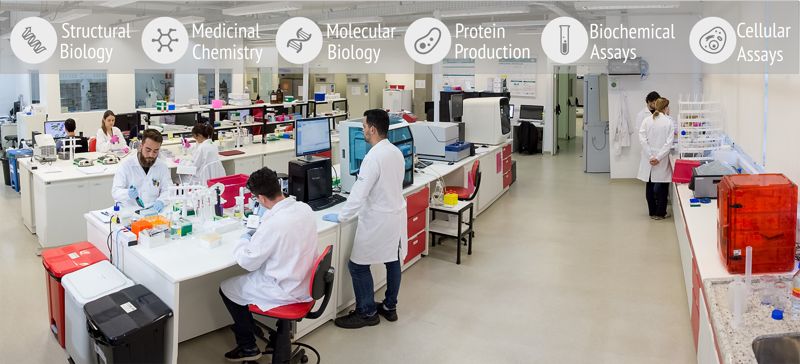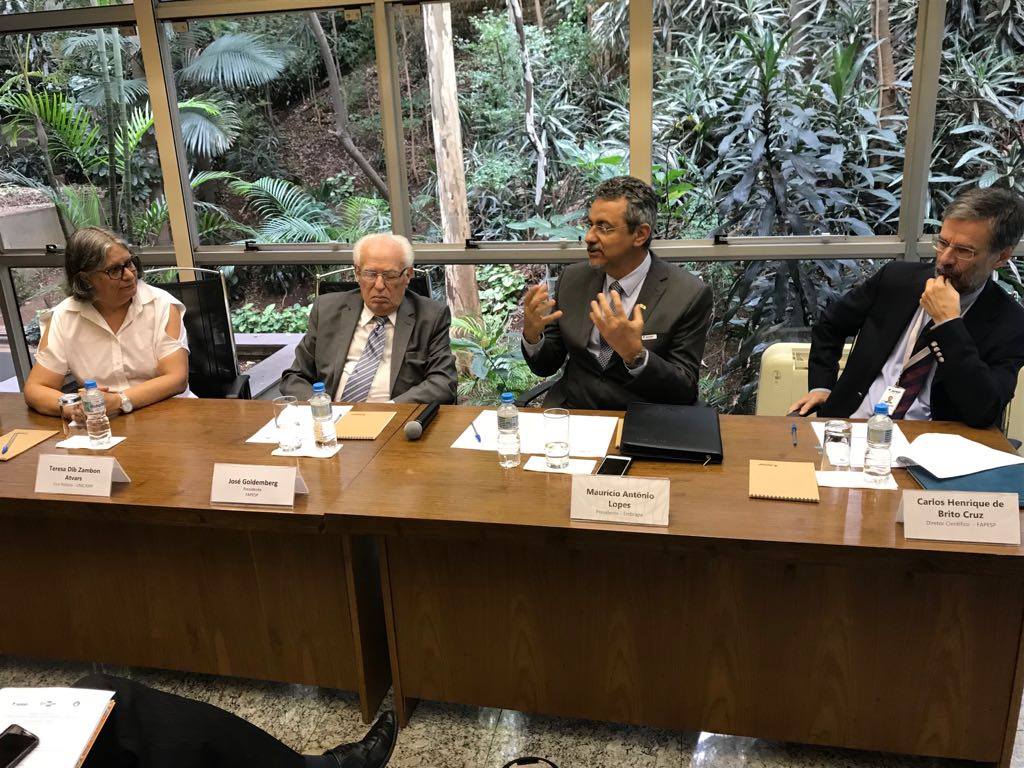O Centro de Genômica Aplicada a Mudanças Climáticas (GCCRC) busca o desenvolvimento de plantas adaptadas aos estresses das mudanças climáticas globais. A plataforma de pesquisa envolve ferramentas de bioinformática, edição
O Centro de Genômica Aplicada às Mudanças Climáticas (GCCRC) – um Centro de Pesquisa em Engenharia apoiado conjuntamente entre FAPESP e Embrapa e hospedado na Unicamp – procura quatro candidatos(as)
From plant domestication to synthetic biology, the field is strategic to expand production. How biotechnology is addressing climate change and food security for over 10 billion people in 2050.
GCCRC researchers identified fungi and bacteria that improve maize crops. The experiment resulted in plants with more tolerance to water scarcity and a biomass increase of up to three
The second edition of the course brought together graduate students and professionals working in the biotechnological area. “To catch up on the novel and emerging approaches in a biotechnological
To develop such assets, the GCCRC has been researching the Brazilian cerrado and rupestrian fields. Plants in these environments have developed, throughout their evolutionary process, adaptations that have
ABOUT THE COURSE With over 110 participants, the second edition of the course took place at CNPTIA Auditorium of EMBRAPA (Rua André Tosello, 209, Unicamp – Campinas-SP) from October 21-25,
The first edition of the course was held at the CNPTIA Auditorium of EMBRAPA (Rua André Tosello, 209, Unicamp – Campinas-SP) from October 22 to 26, 2018. It had
In a unique experiment, two new centers at the University of Campinas (UNICAMP) bring biomedical and plant scientists together to accelerate research into both human disease and agricultural biotechnology. Read
To overcome the challenges climate change poses to agricultural production, Embrapa and the University of Campinas (Unicamp), with support from the São Paulo Research Foundation (Fapesp) have just created the Genomics for

